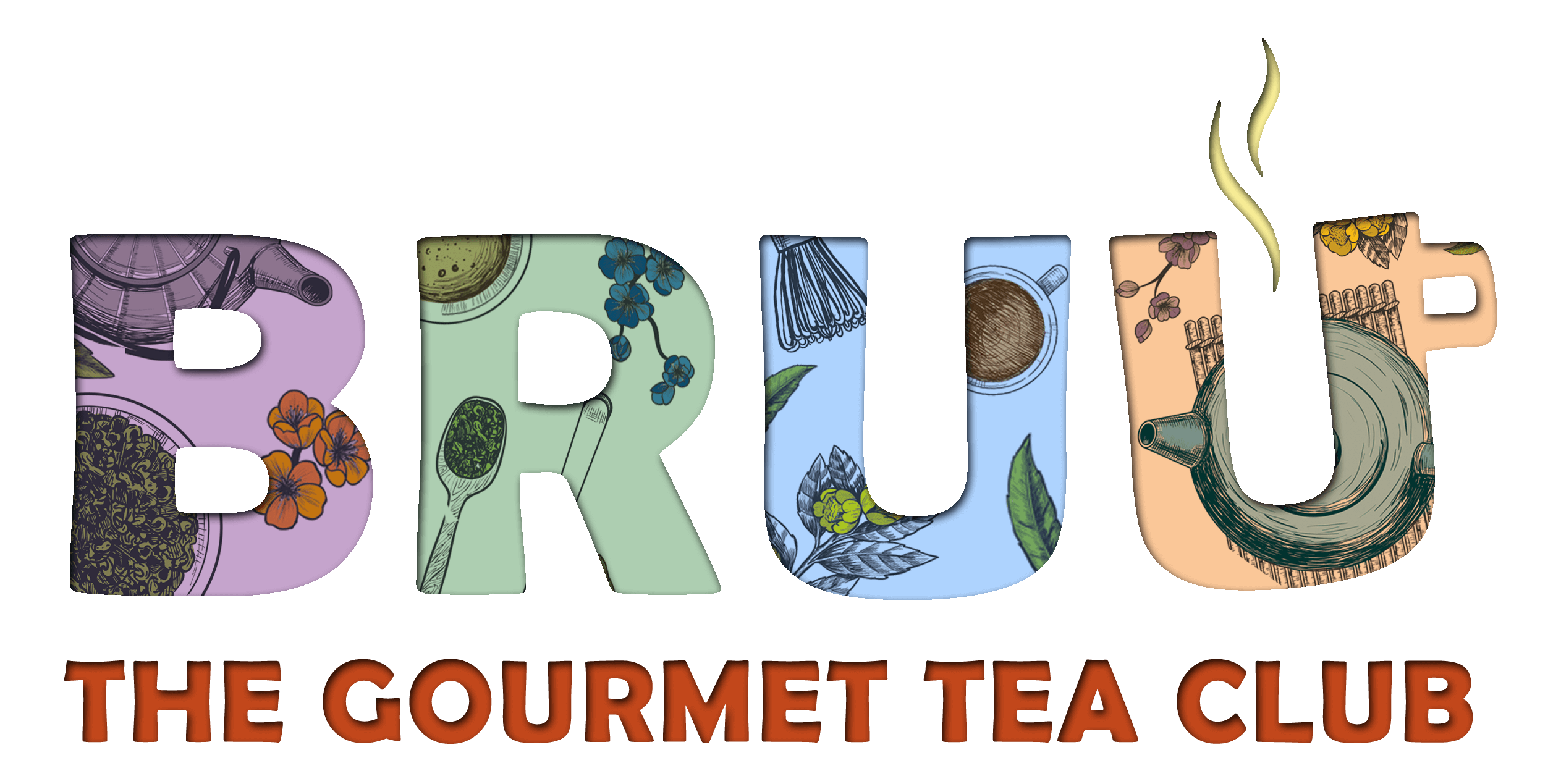Why Go Caffeine Free?


We all know that feeling. You’re dragging yourself out of bed in the morning, already tired before your day has even begun. You make your way to the kitchen and start brewing a pot of coffee, hoping that the caffeine will give you the boost you need to make it through the day.
But what if we told you that there might be a better way? Ditch the coffee, for a caffeine-free tea.
Caffeine is a stimulant, which means it speeds up the nervous system. It’s also a diuretic, which means it can cause dehydration. And while it may give you a temporary energy boost, it can also lead to anxiety, restlessness, and difficulty sleeping. So if you’re looking for a more sustainable way to get through your day, here are five reasons to consider going caffeine-free.
1. Caffeine is addictive
If you’re like most people, you probably start your day with a cup of coffee. And if you’re like most people, you probably can’t imagine starting your day without it. But the truth is, caffeine is a drug, and like any other drug, it can be addictive.
When you drink caffeine, it binds to receptors in your brain that are normally reserved for adenosine, a neurotransmitter that makes you feel sleepy. This blocks the signal that tells your body it’s time to rest, and as a result, you feel more alert. But here’s the catch: the more caffeine you consume, the more tolerant your body becomes to it. This means that you need to drink more and more caffeine to get the same effect.
And if you try to quit, you may experience withdrawal symptoms like headaches, fatigue, and irritability.
2. Caffeine can be harmful to your health
While moderate amounts of caffeine are generally safe, too much can be harmful to your health.
Caffeine is a diuretic, which means it increases the amount of urine you produce. This can lead to dehydration, which can in turn cause headaches, fatigue, and dizziness.
Caffeine can also cause anxiety and restlessness, and it can make it difficult to sleep. This is because caffeine stimulates the nervous system, which can be overstimulating for some people.
3. Caffeine can interfere with medications
If you’re taking any medications, it’s important to be aware that caffeine can interfere with their efficacy. For example, if you’re taking a medication for high blood pressure, the caffeine in coffee can cause your blood pressure to rise.
Caffeine can also interfere with the absorption of certain medications, such as iron supplements. So if you’re taking any medications, be sure to check with your doctor before consuming caffeine.
4. Caffeine can affect your mood
Because caffeine is a stimulant, it can have an impact on your mood. If you drink too much caffeine, you may feel anxious or irritable. And if you’re trying to quit, you may experience withdrawal symptoms like headaches and fatigue.
5. There are plenty of alternatives
If you’re looking for a more sustainable way to get through your day, there are plenty of alternatives to caffeine. Herbal teas like chamomile or lavender tea can help you relax and wind down at the end of the day. And if you need a pick-me-up, there are teas like Focus tea which is packed with superfood ingredients.
Caffeine may give you a temporary energy boost, but it can also lead to anxiety, restlessness, and difficulty sleeping. If you’re looking for a more sustainable way to get through your day, consider going caffeine-free. There are plenty of alternatives that can help you relax, focus, and feel your best.





Leave a comment